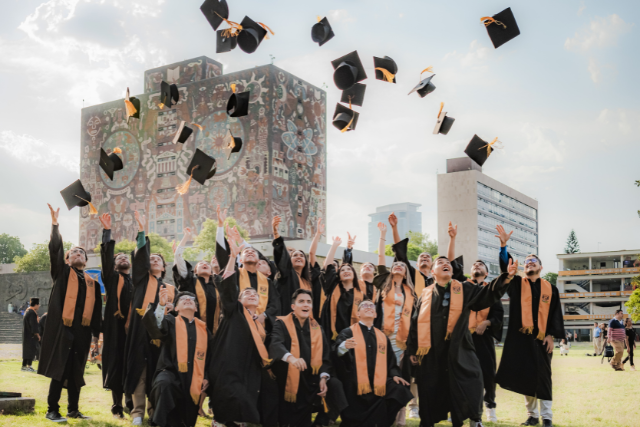For decades, the debate has raged: Should higher education be a right or a privilege? As we venture into the 21st century, this question has gained urgency as global economies shift toward knowledge-based industries. Education is no longer a luxury—it is the foundation of social progress, economic development, and individual empowerment. Yet, access to higher education remains uneven, especially in developing nations, where it is often viewed as a privilege reserved for the elite. This article argues that the time has come for a global shift in thinking: Higher education must be recognized as a right, not a privilege.
Education as a Catalyst for Equality
Inequality is one of the greatest social challenges of our time. A divide between the educated and uneducated perpetuates cycles of poverty, leaving entire generations behind. In many countries, students from low-income families face insurmountable obstacles in accessing higher education due to financial constraints, lack of guidance, and systemic barriers. These barriers aren’t just denying them degrees—they’re denying them the future they deserve. When higher education is treated as a privilege, it exacerbates the gap between the haves and have-nots.
The reality is, education has the power to be the great equalizer. It opens doors to employment opportunities, fosters innovation, and cultivates leadership. We must make higher education accessible to everyone if we want to create a more equitable society. It’s not just about increasing the number of degree holders—it’s about building societies where all voices are heard, and every citizen has the tools to contribute to societal growth.
A Moral Responsibility
When we deny someone access to education, we deny their human potential. Education isn’t just about learning facts—it’s about nurturing the ability to think critically, solve problems, and engage with the world on a deeper level. Every person, regardless of their background, has the right to develop these capabilities. Nations that fail to offer equitable access to higher education are complicit in the suppression of their citizens’ potential.
The moral argument for higher education as a right stems from the belief that every individual deserves the chance to reach their full potential. How can we preach about human rights while simultaneously barring individuals from one of the most powerful tools to uplift themselves? The world has progressed in recognizing basic human rights such as food, shelter, and primary education. The next step must be higher education. If knowledge is power, then denying it to anyone is an act of disempowerment.
Economic Benefits of Higher Education for All
Some may argue that making higher education universally accessible is financially impossible. But let’s take a moment to consider the long-term economic benefits. Nations that invest in education build a workforce equipped with skills that lead to innovation and economic growth. Conversely, countries that restrict access to education lag behind in global competitiveness.
We are in an era where industries are driven by technology, research, and innovation. A robust higher education system that is accessible to all breeds talent, fosters entrepreneurship, and attracts investment. Countries like Finland and South Korea, which prioritize education for all, have witnessed remarkable economic growth. It’s clear that making higher education a right isn’t just a moral issue—it’s an economic imperative.
Creating a Sense of Urgency
The question of whether higher education should be a right or a privilege demands an urgent answer. Every year we wait, millions of students are left behind. These students could have been doctors, engineers, entrepreneurs, or scientists—had they been given the opportunity. We are not just talking about individual futures; we are talking about the future of humanity. The world faces challenges such as climate change, pandemics, and global inequality. How can we expect to address these issues without equipping our best minds with the education they need to develop solutions?
Universities and governments must act now to make higher education accessible to all. This is not a call for handouts; this is a call for investment in the future. Imagine the world we could live in if every young person had the opportunity to learn, grow, and contribute to society in meaningful ways. It’s time to break down the barriers and create an education system that serves all, not just the privileged few.
Conclusion
The debate over whether higher education should be a right or a privilege is more than academic—it’s about the future of our world. The economic, social, and moral arguments for making higher education a right are compelling, and the stakes are too high to ignore.
Education is empowerment, and when we withhold it from the masses, we stifle human progress. AdMission, founded in 2001, has played an important role in bridging international students with educational opportunities, especially in Malaysia. Organizations like this are critical in helping students navigate their educational journeys. However, the burden cannot be on such organizations alone. It’s time for governments, educational institutions, and global communities to come together and recognize that higher education is not a privilege—it’s a fundamental human right.

